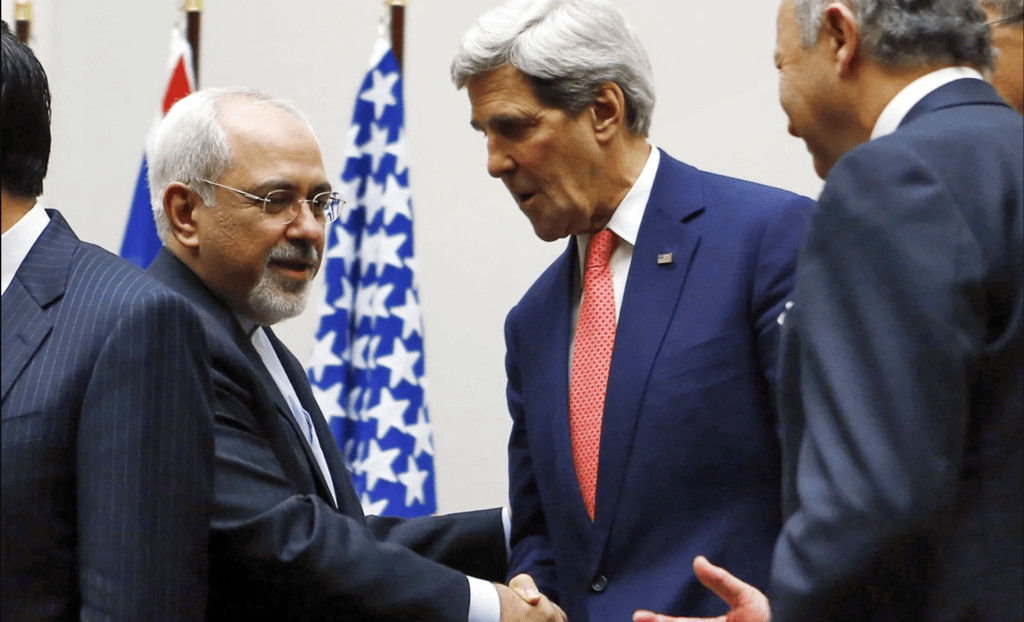U.S.-Iran Diplomatic Relations: A Tense Path Toward an Uncertain Future
6/26/20254 min read


U.S.-Iran Diplomatic Relations: A Tense Path Toward an Uncertain Future
Category: Analysis | Subcategory: U.S. Global Analysis | Boncopia.com
The relationship between the United States and Iran has been a rollercoaster of alliances, betrayals, and hostility for over a century, with recent developments pushing the two nations to the brink of conflict. The U.S. strikes on Iran’s nuclear facilities at Fordow, Natanz, and Isfahan on June 22, 2025, ordered by President Donald Trump, have further strained an already fractured relationship, leaving the world wondering whether diplomacy can avert escalation. As Iran weighs its response—ranging from military retaliation to economic maneuvers like closing the Strait of Hormuz—the prospects for renewed diplomatic engagement seem dim but not impossible. This blog post explores the historical context, recent developments, and potential pathways for U.S.-Iran relations, offering a clear and engaging analysis for readers seeking to understand this volatile dynamic.
A Troubled History: From Allies to Adversaries
The U.S. and Iran were once close allies. Diplomatic relations began in 1883 when Qajar Persia sent its first ambassador to Washington, D.C.. During World War II, U.S. forces supported Iran as a supply route to the Soviet Union, and Americans like Arthur Millspaugh and Morgan Shuster served as financial advisors to the Shahs, earning trust as a counterweight to British and Russian influence. The 1953 CIA-backed coup that ousted Prime Minister Mohammad Mossadegh, who nationalized Iran’s oil industry, marked a turning point, restoring Shah Mohammad Reza Pahlavi’s pro-Western monarchy but sowing deep resentment among Iranians.
The 1979 Islamic Revolution, led by Ayatollah Ruhollah Khomeini, shattered U.S.-Iran ties. The storming of the U.S. Embassy in Tehran by Iranian students, who held 52 Americans hostage for 444 days, led to the severance of diplomatic relations in April 1980. Since then, Switzerland has served as the U.S. protecting power in Iran, with no formal diplomatic channels between the two nations. The U.S. supported Iraq during the 1980-1988 Iran-Iraq War, further deepening enmity, while Iran’s backing of groups like Hezbollah and its nuclear ambitions fueled U.S. concerns.
A brief thaw occurred with the 2015 Joint Comprehensive Plan of Action (JCPOA), or Iran nuclear deal, under President Barack Obama. Iran agreed to limit uranium enrichment in exchange for sanctions relief, but the deal collapsed in 2018 when Trump withdrew, reimposing “maximum pressure” sanctions. Iran responded by breaching JCPOA limits, escalating tensions that culminated in the 2025 U.S. strikes.
Recent Developments: Strikes and Standoffs
The U.S. strikes on Iran’s nuclear sites, dubbed “Midnight Hammer,” involved bunker-buster bombs and Tomahawk missiles targeting facilities critical to Iran’s nuclear program. Trump claimed the operation eliminated Iran’s nuclear capabilities, though U.N. inspections suggest underground facilities like Fordow may still be operational. The strikes followed Israeli attacks on June 13, 2025, and were framed as a response to Iran’s advancing nuclear program, which the International Atomic Energy Agency reported had no peaceful explanation.
Iran’s Foreign Minister Abbas Araghchi, speaking in Istanbul, vowed a response but emphasized Tehran’s desire to avoid all-out war. Iran launched a symbolic missile strike on Al Udeid Air Base in Qatar, causing no casualties, signaling restraint but also defiance. Domestic sentiment in Iran reflects “defeat and national humiliation,” with officials divided between hardliners pushing for escalation and moderates advocating diplomacy. A U.S.-mediated ceasefire announced on June 21, 2025, via Qatar, has faltered, with Israel continuing strikes and Iran rejecting an “imposed” peace.
U.S. Secretary of State Marco Rubio has expressed openness to talks, stating on June 22, 2025, that the U.S. is “prepared to talk tomorrow” if Iran pursues peaceful nuclear energy. However, Trump’s rhetoric, including hints at regime change, has raised fears in Tehran of broader U.S. intentions, undermining trust.
Pathways for Diplomacy: Obstacles and Opportunities
Obstacles
Mutual Distrust: Decades of hostility, from the 1979 hostage crisis to the 2020 killing of Qassem Soleimani, have entrenched suspicion. Iran views the U.S. as an imperialist power, while Washington sees Iran as a state sponsor of terrorism.
Domestic Politics: In Iran, Supreme Leader Ayatollah Ali Khamenei and the IRGC hold sway, limiting President Masoud Pezeshkian’s reformist agenda. In the U.S., congressional opposition to diplomacy, as seen in criticism of Trump’s unauthorized strikes, complicates negotiations.
Regional Rivalries: Iran’s support for proxies like Hezbollah and the Houthis, coupled with its rivalry with Israel and Saudi Arabia, clashes with U.S. interests. Israel’s ongoing strikes and Saudi Arabia’s nuclear ambitions add pressure.
Nuclear Impasse: Iran’s hardliners advocate withdrawing from the Nuclear Nonproliferation Treaty, while the U.S. insists on verifiable denuclearization, leaving little room for compromise.
Opportunities
Regional Diplomacy: Iran’s improving ties with Saudi Arabia and Gulf states could facilitate indirect talks, with Riyadh acting as a counterweight to Israeli pressure. Oman, which hosted JCPOA negotiations, remains a potential mediator.
Economic Incentives: Sanctions relief could address Iran’s economic woes, appealing to a population frustrated by hardship. A deal offering trade benefits could sway moderates in Tehran.
Common Interests: Both nations share goals like stabilizing Iraq and countering al-Qaeda. Past cooperation, such as during the 2001 Afghanistan campaign, suggests potential for pragmatic dialogue.
Trump’s Deal-Making Instincts: Despite his hawkish stance, Trump’s willingness to negotiate, as noted by Senator Rand Paul, could open a window for talks, especially if Iran signals flexibility.
hello@boncopia.com
+13286036419
© 2025. All rights reserved.